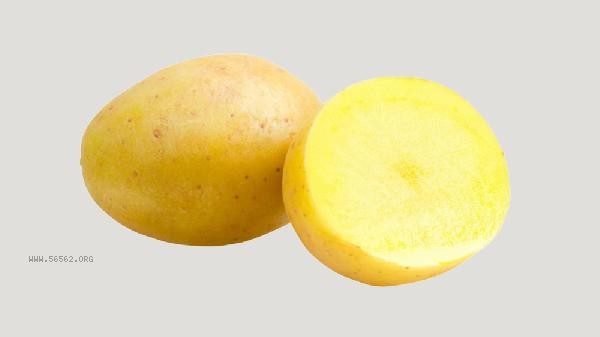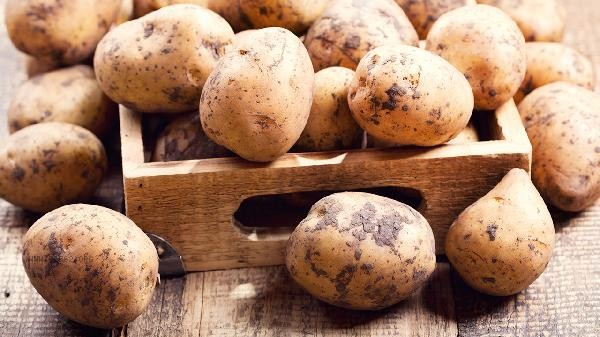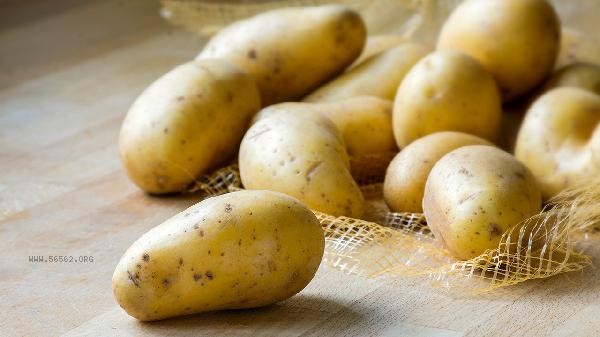Potatoes are prone to sprouting under conditions of temperature exceeding 8 degrees Celsius, high humidity, sufficient sunlight, or prolonged storage time. Sprouted potatoes may produce toxic substances such as solanine, so it is recommended to avoid consumption. The main reason for potato germination is that the storage environment temperature is too high. When the ambient temperature continues to exceed 8 degrees Celsius, potatoes will break their dormant state and begin to germinate. When storing at home, it is recommended to choose a cool and ventilated place, with an ideal temperature between 4-6 degrees Celsius. A basement or specialized vegetable storage cabinet is a better choice to avoid placing potatoes near radiators or on windowsills exposed to direct sunlight. A humid environment can accelerate the sprouting process of potatoes. High humidity can increase the moisture content of potato skin and promote cell division in the bud eye area. When storing, the environment should be kept dry. Potatoes can be stored together with moisture absorbing materials such as newspapers and sawdust. The cleaned potatoes must be thoroughly dried to remove surface moisture before storage, otherwise they are prone to sprouting within 3-5 days.

Light can stimulate potatoes to produce chlorophyll and promote germination. Ultraviolet radiation can activate growth hormone in potato tubers, leading to rapid germination of bud eyes. When storing, it should be packaged in dark containers or dark plastic bags to completely block out light. If the potato skin turns green, it indicates that a large amount of solanine has been produced, and even if the sprouted part is removed, it is not suitable for consumption.
Long storage time will inevitably lead to natural sprouting of potatoes. Newly harvested potatoes usually have a 2-3 month dormancy period, after which the probability of germination significantly increases. When purchasing, it is advisable to choose fresh potatoes with intact skin and sunken bud holes. Avoid long-term storage by purchasing small quantities multiple times. When the temperature rises in spring, it is even more necessary to shorten the storage period. It is recommended to consume it within two weeks. Mechanical damage can induce local sprouting of potatoes. Collisions or cuts can accelerate the maturation of potatoes by releasing ethylene, and the damaged areas often germinate first. During transportation and storage, handle with care to avoid small wounds caused by friction between plastic bags. Sprouted potatoes should be processed immediately and should not be mixed with non sprouted potatoes, otherwise it will promote the germination of the entire batch of potatoes through plant hormone transmission.
To prevent potato germination, the hanging net bag storage method can be used to maintain ventilation and dryness, and individuals who have started sprouting should be checked and removed regularly. A small amount of potatoes can be wrapped in kitchen paper and stored in a cardboard box for refrigeration, but should not be frozen. If the sprout of sprouted potatoes is shorter than 2 centimeters and does not turn green, the sprout eyes and surrounding tissues can be completely removed and heated thoroughly before consumption. However, children, pregnant women, and those with weak digestive function should completely avoid it. When large areas of sprouting or green skin are found on potatoes, they must be discarded and not consumed at risk to avoid food poisoning.











Comments (0)
Leave a Comment
No comments yet
Be the first to share your thoughts!